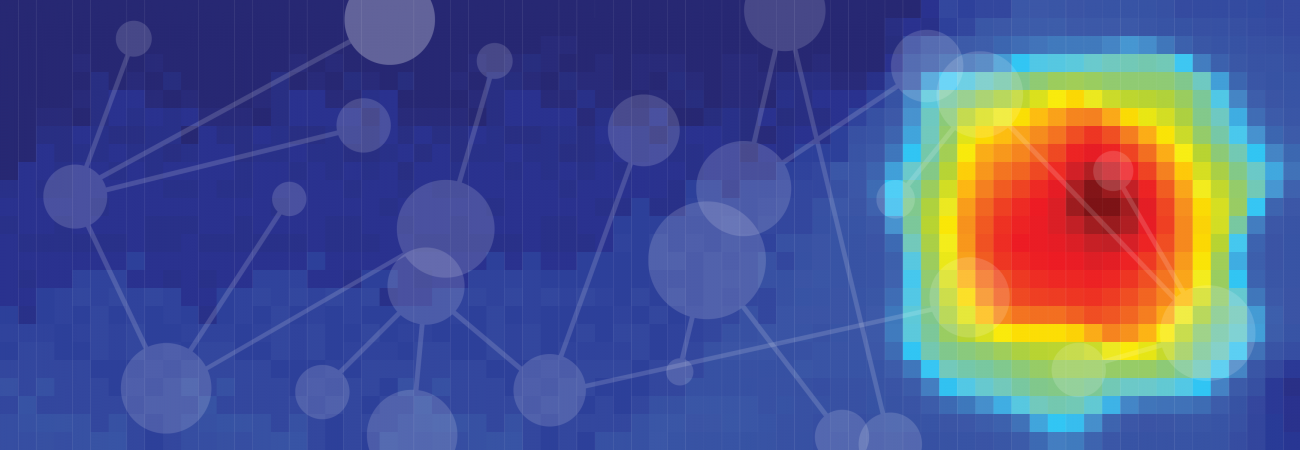Each year, SPARC hosts an immersive workshop focused on a specific topic for experts from around the world to dive into. These workshops provide deep discussions, discovery, networking and more. Please find a list of future topics below, as well as links to information and videos from our previous workshops.
Past Workshops:
2023 - A Specialist Meeting on Digital Twins
A digital twin can be defined as "A virtual representation of the real world, including physical objects, processes, relationships, and behaviors" (Esri). This workshop goes into greater detail pertaining to this definition and so much more.
2022 - Does GeoAI Promise an Ethical Future for Spatial Analytics?
As part of its annual workshop series, the Spatial Analysis Research Center (SPARC) at Arizona State University organized a webinar entitled “Does GeoAI Promise an Ethical Future for Spatial Analytics?” The webinar was co-chaired by Michael Goodchild, Stewart Fotheringham, and Wenwen Li and it was the last in a series organized under the GeoEthics project, a collaboration between the American Association of Geographers and the University of California, Santa Barbara, with sponsorship from Esri. The webinar, held on February 8, 2022, featured an expert-led discussion of ethical GeoAI challenges and opportunities at the frontier of geographic research. Learn more about this workshop
2021 - Ethical Spatial Analytics
As part of this workshop series, in February 2021, SPARC presented a webinar on Ethical Spatial Analytics. This webinar was an inaugural webinar in a broader, multi-year initiative on ethics in geographic research being jointly organized by The American Association of Geographers, Esri, the University of California, Santa Barbara, and SPARC. Presentation ranged on the ethical implications of topics ranging from citizen science projects to remote sensing to GeoAI. Learn more about this workshop
2020 - Scale and Spatial Analytics
Spatial Scale is one of a small number of quintessential geographic topics that defines geography as a discipline. We talk about the scale of a map with expressions such as a ‘small scale’ or ‘large scale’ study. We refer to the scale of a study area, implying its spatial extent. We talk about some descriptors being scale-invariant (fractal dimension) while others are seriously affected by the extent to which data are spatially aggregated (modifiable areal unit problem). When focusing on the processes underlying spatial patterns, we frequently describe some processes as operating on a local, regional or global scale. Although we frequently refer to scale, what exactly do we mean by this term and how can we measure the spatial scale at which different processes operate? Learn more about this workshop
2019 - Replicability and Reproducibility
Replicability and reproducibility (R&R) have always been core requirements of scientific research. Recently, cases of failure to replicate previously published findings have received widespread public attention. As research grows more complex and increasingly reliant on data and software, concerns about replicability will grow rather than diminish. For example, different software packages may produce different results even when the same technique of spatial analysis is applied to the same data or analysis results cannot be reproduced by the same software due to the lack of proper metadata or provenance documenting the spatial processing and parameters used. Geospatial researchers may need to be especially concerned about replicability, such as when results from one geographic area fail to be replicated in other geographic areas. Learn more about this workshop
